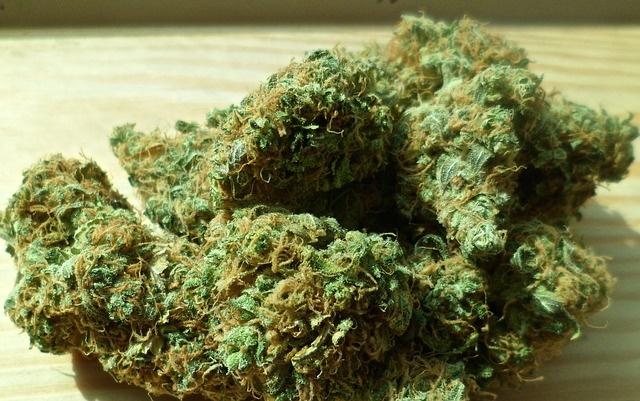Treating ALS with Medical Marijuana
What is ALS?
Amyotrophic Lateral Sclerosis (ALS) or Lou Gehrig’s disease is a neurodegenerative disease that affects the neurons progressively in your brain and spinal cord. These neurons are responsible for sending messages from your brain and spinal cord and voluntary muscles, like the muscles in your arms and legs. This disease can cause very severe problems such as your ability to speak, eat, move, and breathe.
There are two types of ALS, sporadic and familial. The most common form of the disease accounts for 90% to 95% of all the cases in America. Anyone can be affected by this type of ALS. Familial ALS is estimated to be 5% to 10% of cases in the US, and this type of disease can be inherited.
Symptoms of ALS
As symptoms start to show, individuals with ALS begin to show trouble walking, speaking, and writing. The signs will also start to create muscle weakness, abnormal fatigue of the arms and legs, and other issues involving muscle control. Lou Gehrig’s disease will affect each person differently, and eventually, those with the disease will lose their strength and stop moving. There is no cure for this disease. Medical treatments can prolong survival and symptom management.
How Medical Marijuana Can Be Effective for ALS
Medical marijuana can improve an ALS patient’s quality of life. Many of the symptoms that ALS patients experience, such as muscle spasticity, are approved for medical marijuana treatment. The muscle stiffness or spasticity caused by ALS interferes with your daily life. Research has shown that medical marijuana can help with muscle spasticity and make it easier to live your life.
One of the symptoms associated with ALS, and chronic pain, can make living with the disorder overwhelming. Painkillers might work, but they can hurt your liver and have addictive properties. Medical marijuana enhances the cannabinoids in your body that relieve pain. ALS patients can also experience a reduced appetite. Many people joke about medical marijuana, causing the munchies. However, it can provide patients the desire to eat. When cannabis is combined with cognitive behavior therapy, medical marijuana can help people with eating disorders have a healthier outlook on food.

Medical Marijuana Treatment Methods for ALS
When most people think of medical marijuana, they imagine someone smoking. However, you can consume medical cannabis for ALS in numerous ways, and some of them might work better for you. ALS manifests differently for every patient. Therefore, we can’t say that one method is the best. On the other hand, Marijuana Care Clinic is here to tell you what methods work depending on your symptoms, health profile, and personal preference.
Smoking or vaping: Inhaling medical cannabis lets you feel its effects instantly. However, vaping improperly or smoking, creates tar that damages your lungs. Like tobacco, smoking medical marijuana has health risks. If you want to vape, it’s recommended using a vape apparatus that doesn’t char your medical marijuana. Patients who experience respiratory symptoms of ALS should take extreme caution when using these methods.
Edibles: The second most used method for consuming medical cannabis is eating edibles, Edibles can make the cannabis kick in later, but has a longer-lasting effect. You might think marijuana brownies is the only consumable medical marijuana product, but the industry offers various treats for people to consume.
Topicals: If you have localized aches and pains, a topical medical treatment could be the best solution for you. Medical marijuana is infused, and balms act like a typical pain-relieving topical to soothe your muscles. Marijuana patches also let you absorb the cannabis straight into your bloodstream for a quicker effect.
The only people who can decide the best medical marijuana treatment for you is your doctor, budtender, and most importantly, yourself. Everyone is different and reacts to medical marijuana differently. Therefore, you should reach out to Marijuana Care Clinic to receive your medical card and get the help of alternative medicine today.
